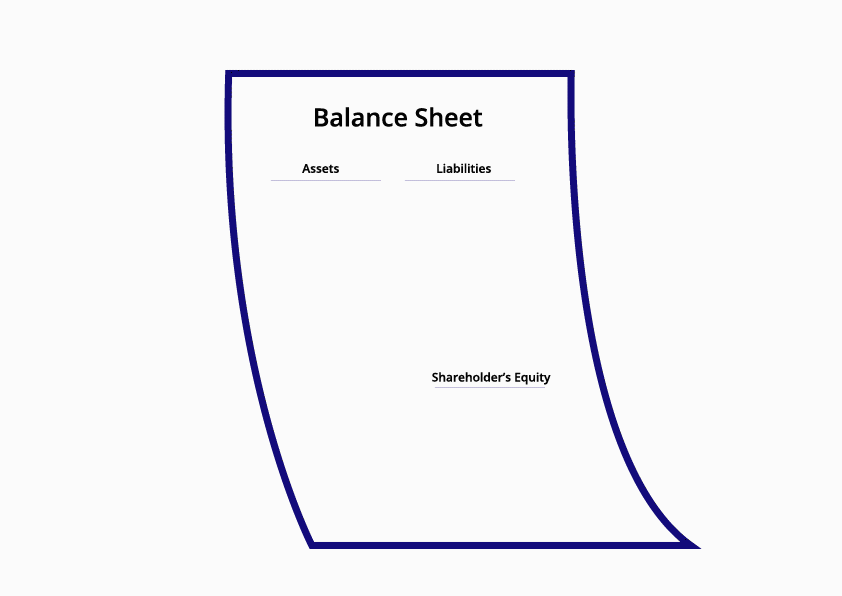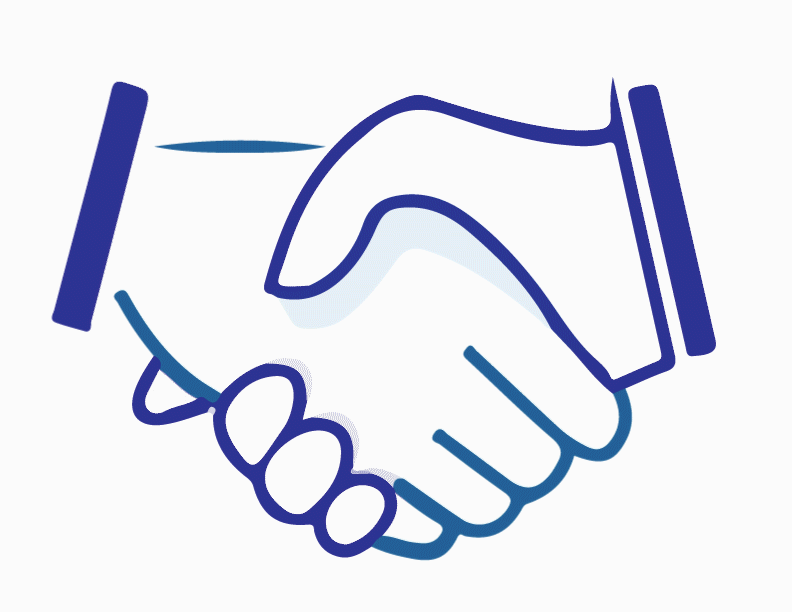top of page
Envisioning

Genuine Reconciliation
in S’ólh Téméxw

Anchor 1

“Reconciliation” is an aspirational concept expressing the hope that Xwélmexw (Indigenous people) and XwelÍtem (non-Indigenous settler Canadians) can find a way to live together in a good way;
to be of good mind.
Anchor 2
Image of spindle whorl (hover over image)
AnchorWebBox1

The Halq'eméylem principles of Iets’e th’ále (one heart) and lets’e mó:t (one mind) speak to the importance of working collectively and of striving for unity.
Anchor 4

We also like the metaphor of the financial balance sheet. If you over spend from your account (do something wrong) you cannot simply start fresh. First you have to make amends – put money back into your account so that the balance sheet will be reconciled.
Anchor 5

But we recognize that “reconciliation” has become a compromised term for many Indigenous people in S’ólh Téméxw (the Stó:lō World). It has a hollow ring that people associate with empty and insincere government promises.
Anchor 6

In Canada, the XwelÍtem society needs to make amends, correct the wrongs that have been done, so that the relationship with Indigenous people can be reconciled.
We have organized this information here so that we can provide it back to the people, educators, and leadership of the lower Fraser River Indigenous communities to help them better assess their ever changing relationship with XwelÍtem Canadian society. But there are lessons here for members of XwelÍtem society too.

The information presented here is meant to provide all people with insights and reflections to help them protect, defend, and enhance Indigenous rights and title.
Anchor 7
We wanted people to be aspirational in the way they conceived of reconciliation.

What would that look like?

What challenges still face us before that can be achieved?

What opportunities exist to help us build, secure, and sustain reconciliation?
We asked participants to try and envision a future world where reconciliation has been achieved:
Project participants’ identified several opportunities and challenges. These can be seen as providing a rationale for future research required for laying the groundwork for building reconciliation in two main streams:
Anchor 8
1) Research that facilitates the resurgence of Indigenous culture, governance, and economics.
2) Research that facilitates the decolonization of Canadian society by helping contemporary Canadians see the ways in which they have inherited certain privileges that their ancestors achieved by undermining Indigenous culture and alienating Indigenous people from their land and resources.
Anchor 9
...and nine broad categories:
To create a genuinely respectful Nation to Nation relationships (reconciliation), both Indigenous and settler societies will have to push through the ongoing expressions of settler colonialism and white privilege. Future research will need to enable Indigenous resurgence and decolonization as well as settler-colonial decolonization and Indigenization.

Students from the Fraser Cascade School District, Chilliwack School District, and Surrey School District conducted independent research into reconciliation. Their work found expression in research essays and works of art.
bottom of page


